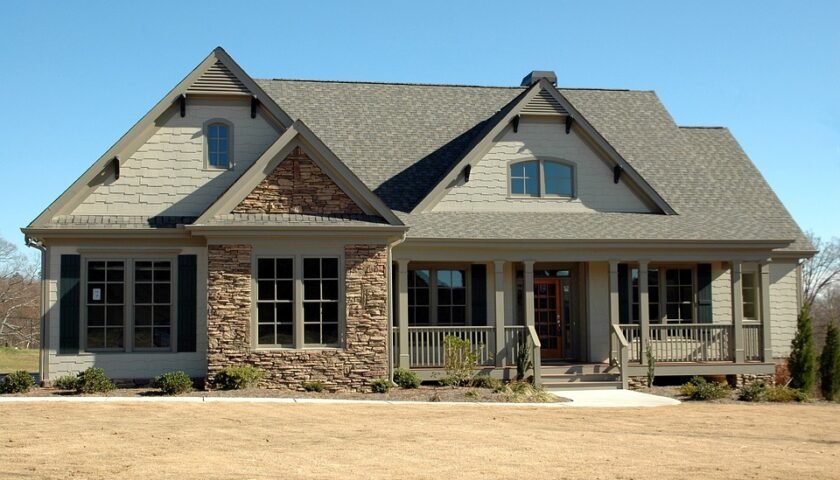[ad_1]
Renting or Owning: What’s the Best Path to Homeownership in Canada?
The decision between renting and owning a home is a significant and multi-faceted choice that many Canadians face when considering homeownership. Both options have their own advantages and drawbacks, and finding the best path to homeownership often depends on individual circumstances, financial situation, and long-term goals.
Renting a property provides flexibility and financial predictability for those who may not be ready to commit to the responsibilities that come with homeownership. Renters have the freedom to move easily when their lease ends, making it a suitable choice for individuals who prioritize mobility or have uncertain career plans. Additionally, maintenance and repair costs are typically the landlord’s responsibility, relieving renters of the burden of unexpected expenses. Rent can be budgeted more precisely, as it typically includes utilities and other amenities.
On the other hand, owning a home offers a sense of stability, equity building, and potential long-term financial benefits. For many Canadians, owning a home symbolizes financial success and independence. When the housing market is strong, homeowners can build equity, which can later be used for investment purposes or as collateral for loans. Homeowners also have the freedom to personalize their living space, make improvements, and benefit from the potential appreciation of the property’s value over time.
While renting may seem like a more affordable option for some, it is important to consider the long-term financial implications. Rent prices tend to increase over time, and renters miss out on potential financial gains from property value appreciation. Moreover, owning a home allows individuals to build credit history, and mortgage payments can be seen as forced savings, gradually increasing their net worth. Additionally, homeowners can benefit from various tax incentives, such as deductions for mortgage interest and property taxes, which can help reduce overall tax liability.
However, becoming a homeowner comes with several financial responsibilities that require careful consideration. In addition to the upfront costs associated with purchasing a home, such as down payments and closing costs, homeowners must continually invest in property maintenance, repairs, and unexpected expenses. They are also subject to property taxes, insurance premiums, and mortgage payments, which can sometimes be higher than rental rates. Homeowners must be prepared to commit to these financial obligations for the long term.
To determine the best path to homeownership in Canada, potential buyers should carefully assess their personal circumstances and evaluate the key factors involved. Factors such as financial stability, location preferences, future plans, and budget constraints should be taken into account. It is advisable to consult with a financial advisor or mortgage specialist to fully understand the potential financial implications of renting versus owning.
In conclusion, the decision between renting and owning a home is not a one-size-fits-all solution. Both options offer their own unique benefits and drawbacks. Renting may provide short-term flexibility and financial predictability, while homeownership offers stability, equity building, and potential long-term financial gains. By thoroughly evaluating personal circumstances and considering the financial implications, Canadians can make an informed decision on the best path to homeownership that aligns with their goals and aspirations.
[ad_2]



